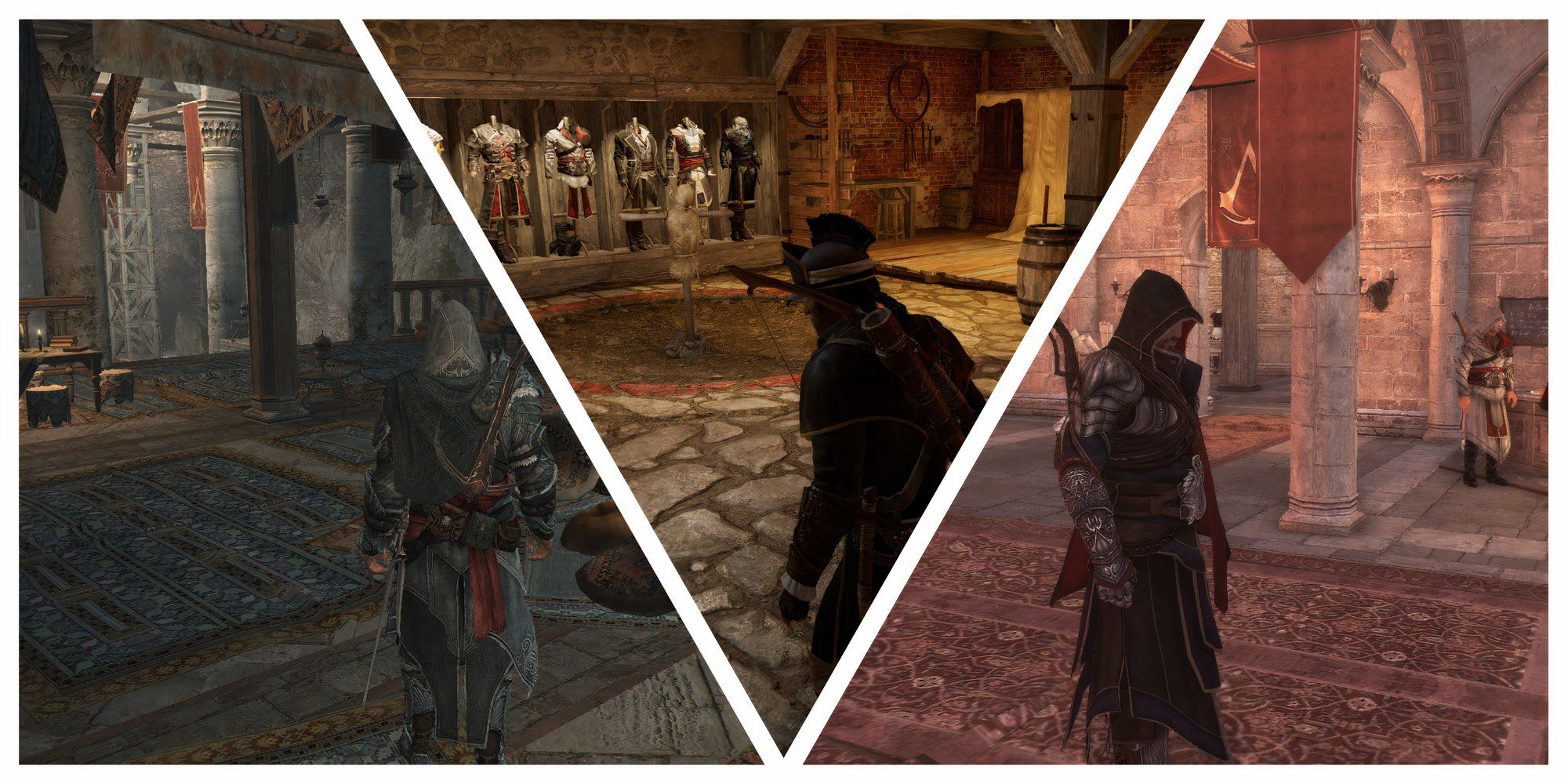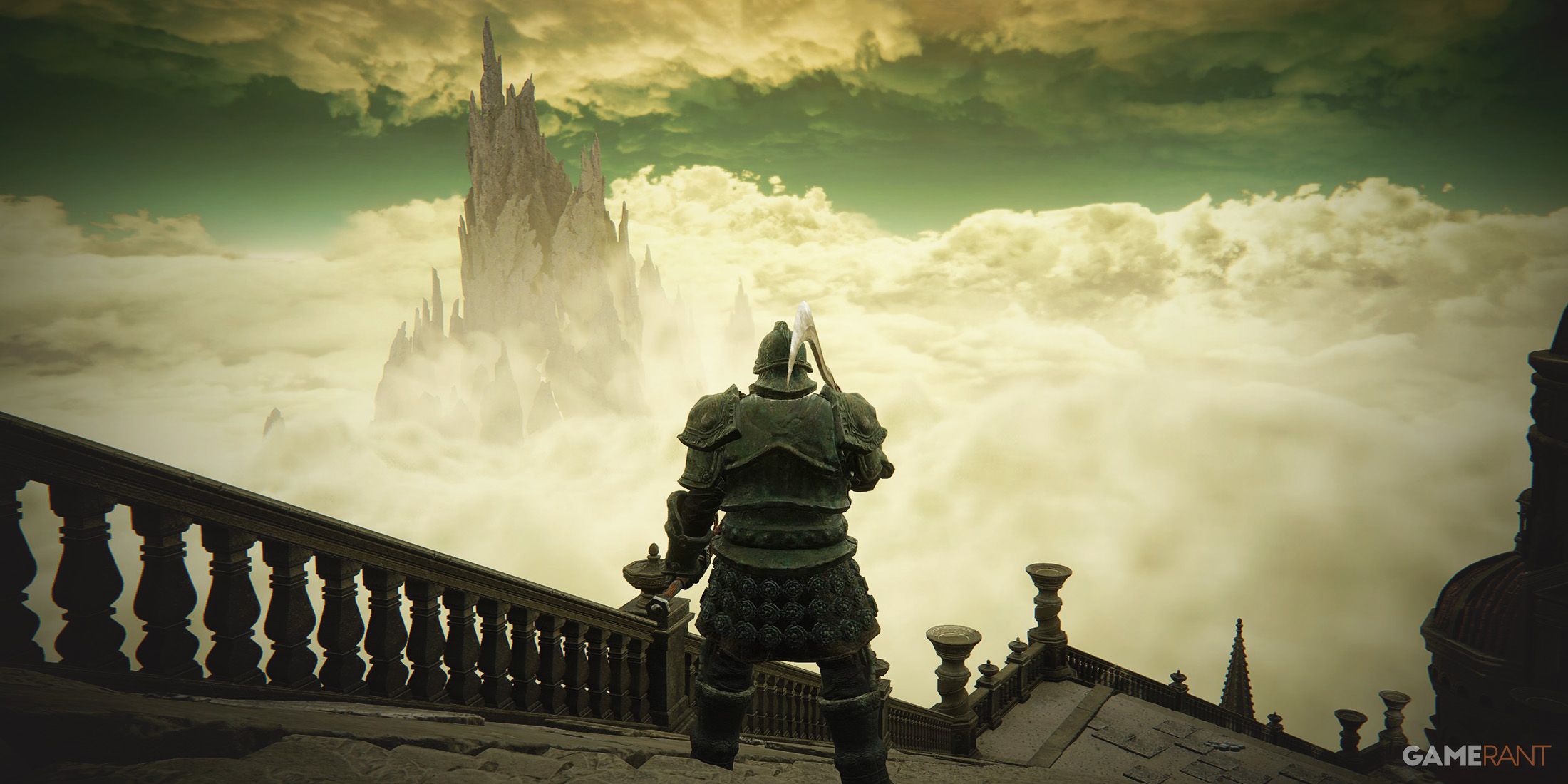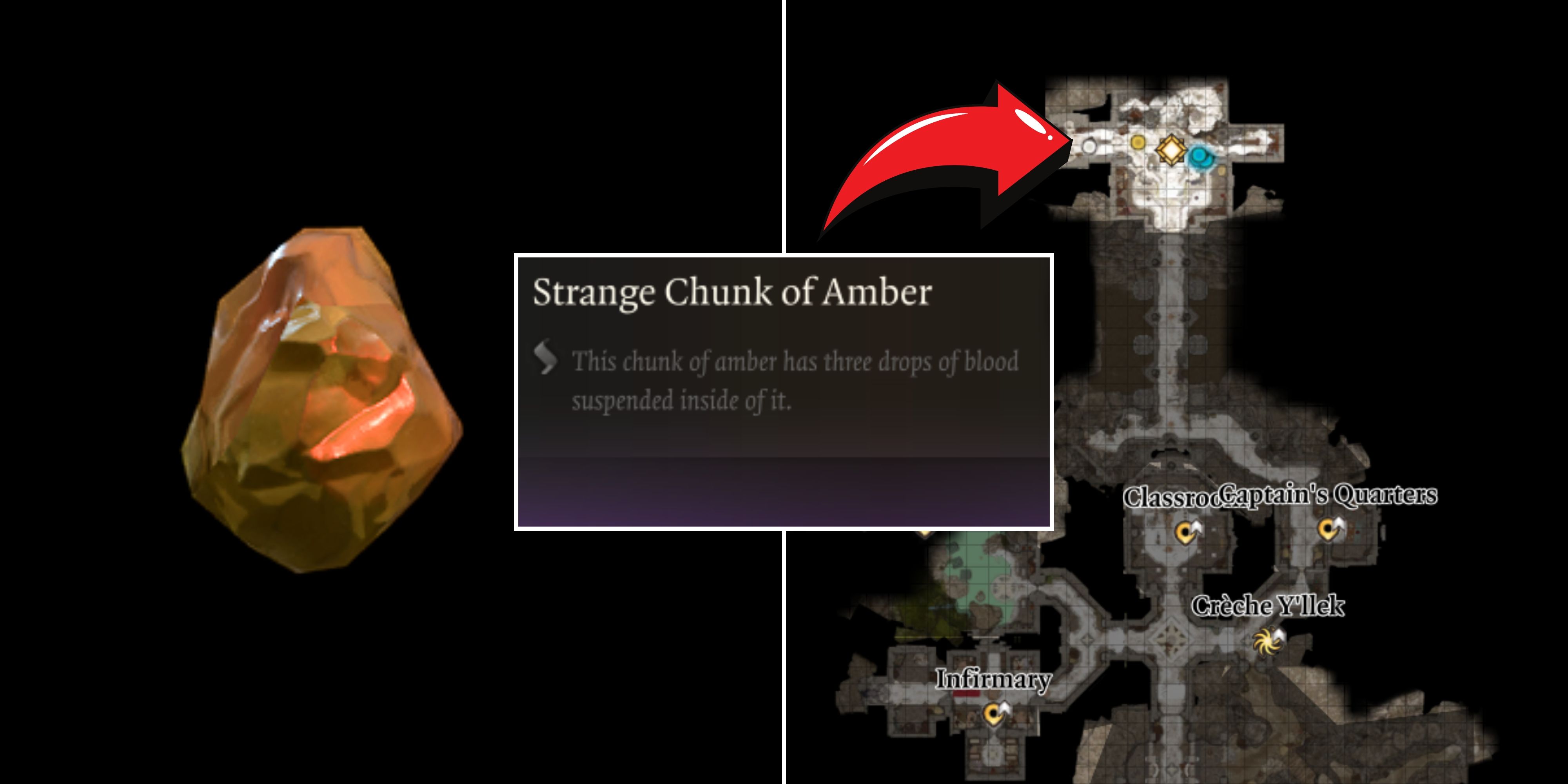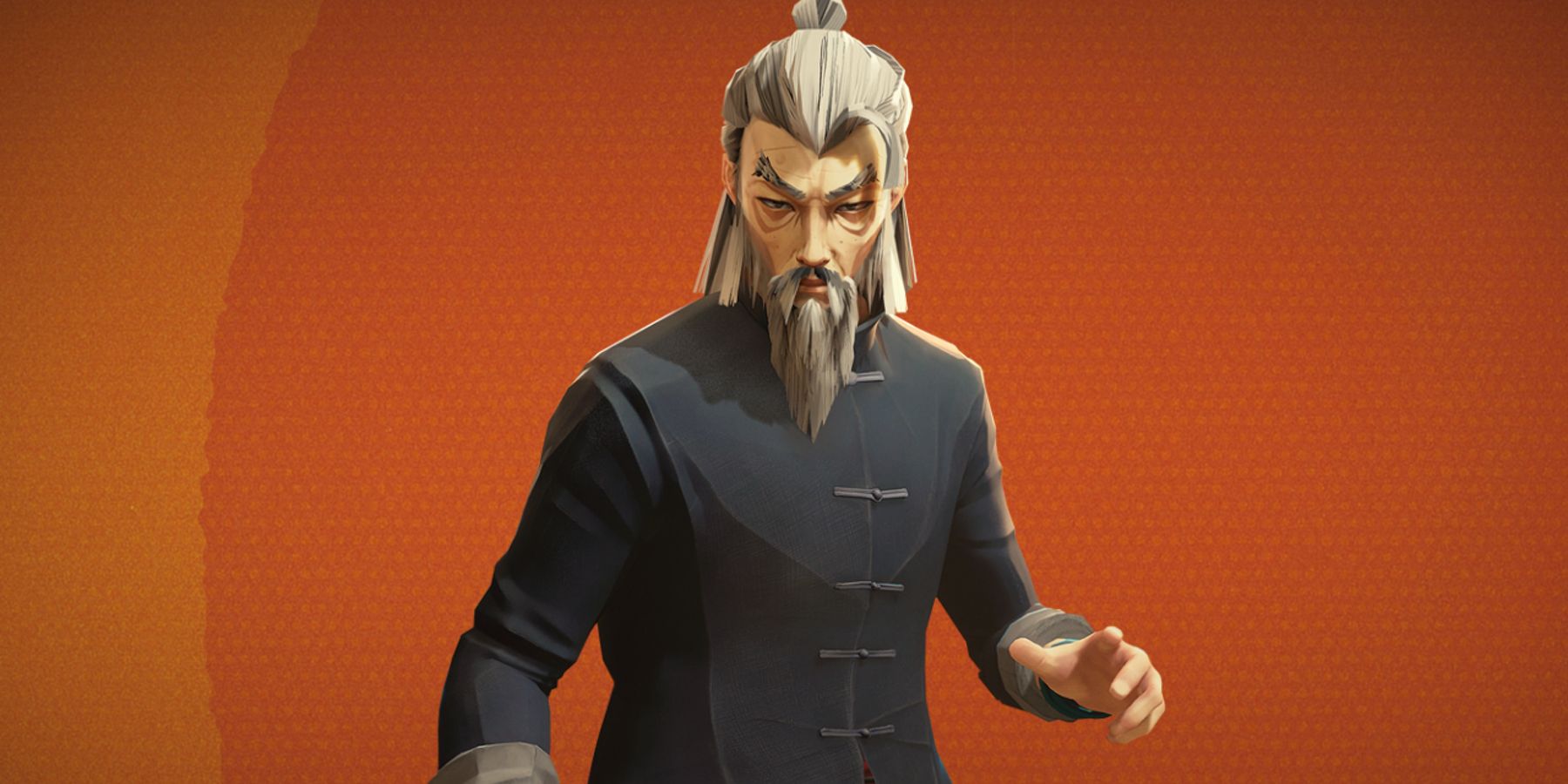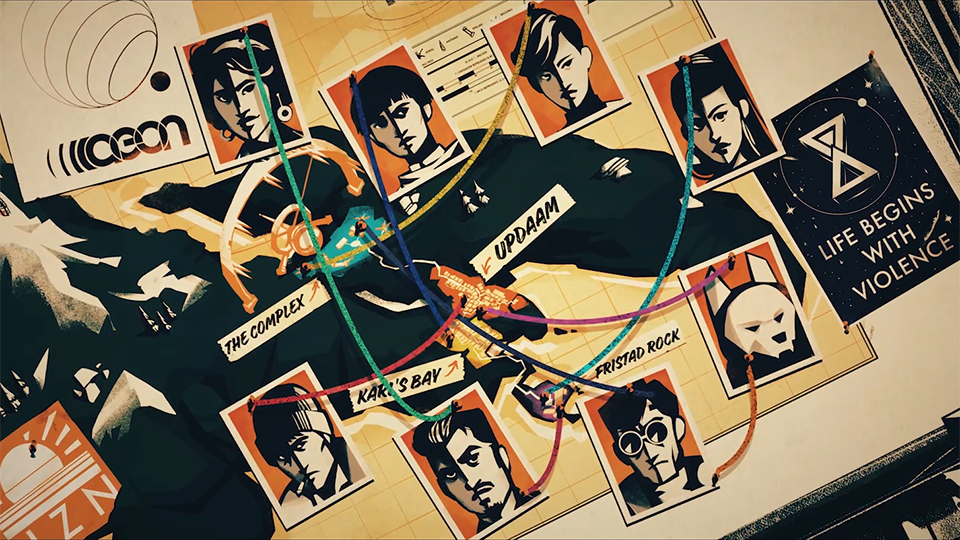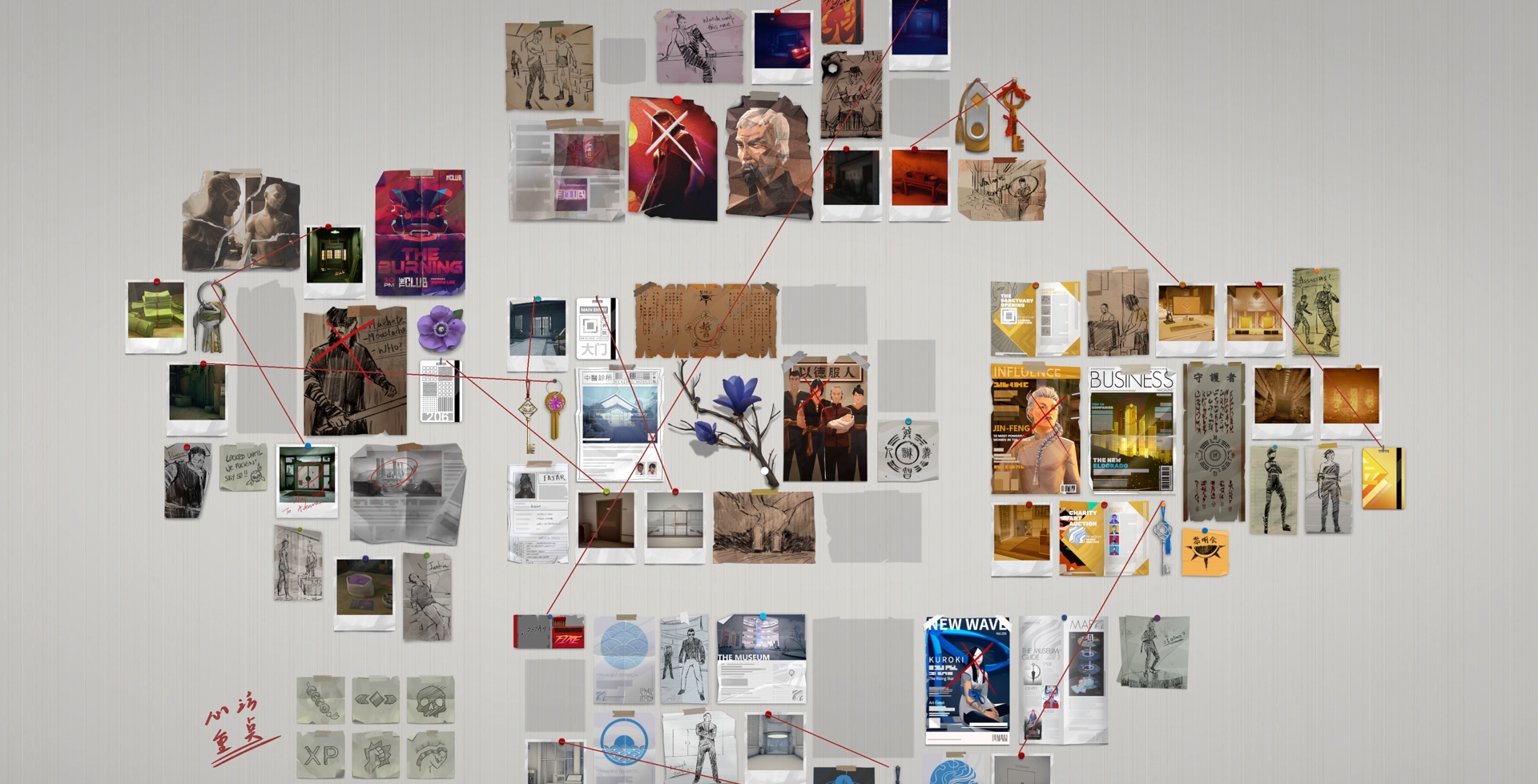Sloclap’s Sifu released last week, and many helpful tips and tricks have been shared in the short time players have had with it. It may be easy to overlook some of Sifu’s nuanced features with its core combat mechanics depicted chiefly in the forefront, though the characteristics it shares with time loop games and roguelite games are worth looking at. Overall, Sifu may share the most similarities with the unique features in Arkane Studios’ Deathloop, which was released in September.
Sifu and Deathloop are also dissimilar in many ways, but their narratives resemble each other surprisingly, particularly with how their protagonists defy death and pursue antagonists in time loops. Their narratives are woven directly into gameplay to make these features gratifying. Further, the time loop and roguelite characteristics in both Sifu and Deathloop reflect one another in their presentation, such as their approaches to foundational gameplay mechanics and the gathering of information about several key targets and their whereabouts.
How Sifu’s Stages Compare to Deathloop’s Districts
Neither Sifu nor Deathloop is a roguelite or roguelike. However, they both have characteristics of roguelites embedded in their linearities through different resources and what actions players take within each of their respective levels. Sifu’s purchasable skills, for example, will no longer be available when players fully die unless they spend enough XP to permanently unlock them. Otherwise, players can select different skills to purchase for a run through any of Sifu’s stages.
Deathloop’s Residium is also lost completely if players do not spend it by the end of the single day’s loop, along with any weapons, slabs, or trinkets that were not infused or sacrificed. Sifu’s deaths are also comparable to Deathloop’s due to a mystical pendant talisman that recurrently revives Sifu’s protagonist on the spot. Deathloop’s Reprise slab allows two revivals within a district that send players back to their most recent checkpoints, and any previously possessed Residium must be retrieved from their glitched corpses.
Reprise replenishes between districts or if players are able to kill Julianna, which reflects how Sifu’s death counter lowers when players defeat elite enemies, and the two titles having limited revivals as resources is a shared similarity that both implement cleverly. Deathloop’s districts are dynamic, and what can be achieved in each is variable due to a scripted day-and-night cycle. The daily cycle transitions from Morning, Noon, Afternoon, and Night. Visionaries will be in different places at different times and certain actions will only be possible in a district at a particular time as well.
Unlike traditional day-and-night cycles, players select which district they would like to spend that particular time of the day in before selecting a district for the next time of day, which also proceeds sequentially. If players have nowhere they would like to be in the Morning, for example, then they could choose to skip to Noon to pursue an objective at that time. Leaving a district will move time ahead, so the player is encouraged to make the most of Deathloop's day-and-night cycle in a single day’s loop.
Sifu does not feature a scripted day-and-night cycle, and the whereabouts of Sifu’s bosses are static. Instead, Sifu’s progression is more importantly related to how the player has developed their character throughout a single run and how that build of skills or shrine statue rewards will affect subsequent stages. Deathloop’s districts are similar to Sifu’s stages, as while Deathloop’s districts can be traveled to more fluidly and leisurely, both are traversed sequentially.
Once each stage is accessible in Sifu, players can ultimately select from whichever they desire, but it will affect the pre-existing run that players have accumulated XP and shrine statue rewards toward if they choose a stage that is not subsequent in sequence. The only way to preserve currently purchased skills, XP, and shrine statue rewards is to continue into the subsequent stage; otherwise, that progression will be lost if players choose a different stage to return to.
Further, the age that players enter each stage is determined by how old they were when they completed the previous stage, which means that stages must be repeated for optimization purposes if they wish to proceed onto subsequent stages at a younger age. These mechanics usher the player forward sequentially in both Sifu and Deathloop, though there are practical reasons to return anywhere they like instead.
How Sifu’s Detective Board Compares to Deathloop’s Leads, Discoveries, and Documents
Sifu’s Detective Board is a concise cork board layout of each target and the stage they reside in. Greyed-out spots inform players of how many articles are left to discover in a stage, such as shortcuts or areas with more documents hidden within. Pinned red thread succinctly connects related keys and keycards to their associated doors and shortcuts that players can then use. This gives players an incentive to return to the stage where another area may then be accessed.
Deathloop’s Visionary and Arsenal Leads are remarkably important for progression in narrative and gameplay, with the former linking clues to taking down each Visionary and the latter linking clues to the whereabouts of Deathloop’s most rare and creative weapons. Meanwhile, Deathloop’s supplementary Discoveries and Documents fill a similar role to most of the clippings found in Sifu.
Lore derived from clippings and other materials on Sifu’s Detective Board is admittedly less relative to gameplay than Deathloop’s Leads, but Discoveries and Documents also contain less pertinent information that the player does not necessarily need to advance. Too much information is accessible at once, with not much of it being explicitly important at every moment and in every district, particularly if players have already strategically slain a target and know what they must do to repeat that strategy.
Rather, Deathloop deduces its elaborate systems into simple waypoint markers for players to pursue in individual districts. Boiled down to their basic functions, Sifu’s Detective Board and Deathloop’s Leads, Discoveries, and Documents are all comparable time loop features with which the player can learn about the respective game’s lore and characters.
Each game is a condensed experience with these time loop features in mind, and each game’s minor roguelite gameplay mechanics make each continuous run or single day’s loop an effort to efficiently take on stages and districts. There is a lot to appreciate about both games individually, but their stamp on time loop and roguelite genres is undeniable and makes them both stand out distinctly from other titles that have recently been released.
Sifu is available now on PC, PS4, and PS5. Deathloop is available now on PC and PS5.

